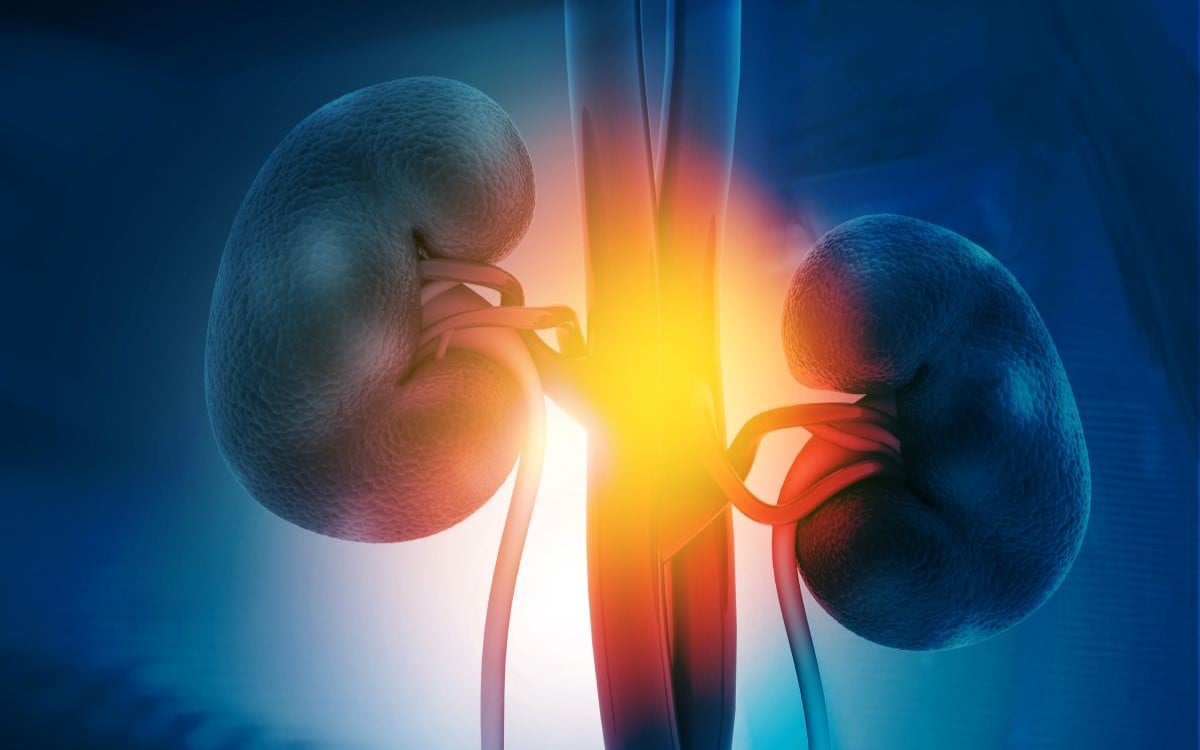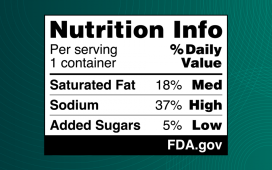UK-DTOP model shows marked improvement compared with traditional Kidney Donor Risk Index
By Elana Gotkine HealthDay Reporter
THURSDAY, Oct. 24, 2024 (HealthDay News) — The U.K. Deceased Donor Kidney Transplant Outcome Prediction (UK-DTOP) model, developed using advanced artificial intelligence, demonstrates superior calibration and discrimination for predicting kidney graft survival, according to a study published online Oct. 22 in Renal Failure.
Hatem Ali, from University Hospitals of Coventry and Warwickshire in the United Kingdom, and colleagues analyzed data from the U.K. Transplant Registry, including 29,713 transplant cases between 2008 and 2022, to assess the predictive performance of the XGBoost, Random Survival Forest, and Optimal Decision Tree machine learning models.
The researchers found that XGBoost demonstrated exceptional performance, with the highest concordance index (0.74) and an area under the curve consistently above 0.73. Compared with the traditional Kidney Donor Risk Index, which achieved a concordance index of 0.57, the UK-DTOP model exhibited marked improvement. Calibration assessments using the Integrated Brier Score further highlighted the advanced capabilities of the XGBoost model, showing a score of 0.14, indicating precise survival probability predictions. Five distinct clusters were identified based on donor and transplant characteristics using unsupervised learning via k-means clustering; significant survival outcome variations were confirmed across the clusters in further analysis using Bayesian Cox regression.
“Our findings suggest that kidney allocation policies should be updated to include more detailed risk stratification,” the authors write. “This could lead to advanced models that better account for donor complexity, improve transplant outcomes, and aid in better decision-making when accepting organ offers.”
Copyright © 2024 HealthDay. All rights reserved.








